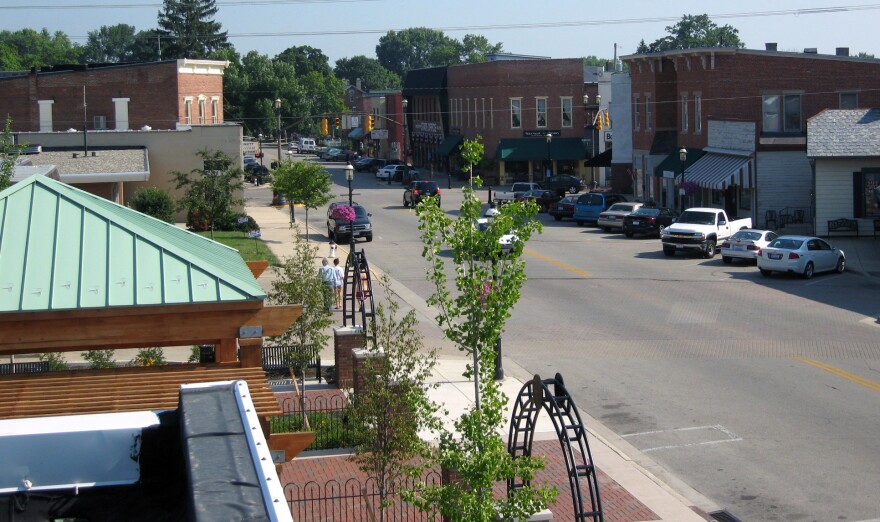The ACLU of Ohio released a this week about mayor鈥檚 courts, which the organization charges "are geared toward making money rather than delivering justice."
While most municipal courts cover multiple areas, mayor鈥檚 courts are limited to specific towns and cities. They handle mostly traffic violations and don鈥檛 have the same transparency laws as their larger counterparts.
鈥淭he mayor鈥檚 courts can be used to generate municipal revenue, and the court practices can therefore be more revenue-oriented,鈥� says the report鈥檚 lead author Sri Thakillapati. 鈥淎nd there鈥檚 no record of them, there鈥檚 no record of coercive court practices, which is what I saw when I observed in courts.鈥�
Thakillapati says those coercive court practices include discrimination on the basis of race and location.
鈥淚n almost every jurisdiction in big cities, so in Cleveland, Columbus, Cincinnati, and Akron, there was a disproportionately high number of black folks,鈥� she says.
The ACLU says because mayor's courts are profit-oriented, most of the citations they issue are to non-residents. That's true in two Central Ohio towns by the report, Canal Winchester and Pataskala. In Canal Winchester, 66 percent of citations were given to non-residents. In Pataskala, 59 percent were given to non-residents.
To that end, the ACLU of Ohio is recommending the elimination of those courts in Cuyahoga, Franklin, Hamilton and Summit Counties, as well as increasing state funding to municipalities so they don鈥檛 have to rely on the courts for revenue.
As for who will take up the courts鈥� caseload, Thakillapati says it鈥檚 not an issue. Only about 2 percent of cases in mayor鈥檚 courts actually go to trial.
鈥淚t鈥檚 less than a thousand, that鈥檚 throughout the whole state,鈥� she says. 鈥淪o this would be the trial burden that municipal courts would be picking up, throughout all 900 municipalities in Ohio.鈥�
The Mayor's Association of Ohio did not immediately respond to requests for comment.





